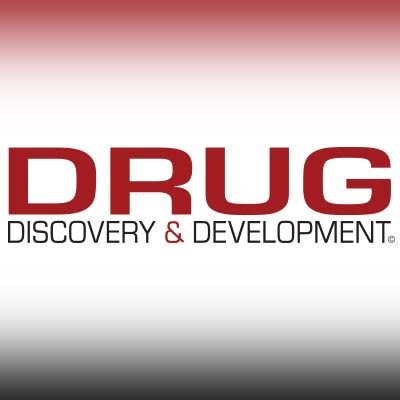
Clinical breakthroughs for neurodegenerative diseases are rare. The most recent drug to win FDA approval for Alzheimer’s, Namenda (memantine) from AbbVie-acquired Allergan, did so in 2003. And Levodopa, one of the most-effective Parkinson’s therapies, won FDA approval in 1975.
“There are zero disease-modifying agents for Alzheimer’s or Parkinson’s,” said Dr. Allan Levey, professor and chair of the Emory University neurology department.
For Parkinson’s, drugs can “can reverse symptoms pretty well for many people for many years,” Levey said. But the masking of symptoms can hide the gradual progression of the disease.
While the pharma industry has made considerable progress in recent decades in developing disease-modifying drugs for multiple sclerosis, drug development for Alzheimer’s, Parkinson’s and epilepsy has followed a symptomatic approach.
“What we’re talking about is not focusing on symptoms,” Levey said. “We’re talking about getting at the root causes of the disease and arresting it.”
“With the aging of our population, we still have increasing numbers of Alzheimer’s and Parkinson’s patients with disability. It’s a huge unmet medical need,” said Dr. Jeffrey Gulcher, chief scientific officer of Genuity Science.
A central goal is to use whole-genome sequence data and other’-omic’ data to study the genes that contribute to neurodegenerative disease risk.
Only a limited number of Alzheimer’s or Parkinson’s patients have had their genomes sequenced to date. “And even fewer have had detailed enough clinical data for you to look at severity or rates of progression,” Gulcher said.
Emory University, however, has collected data on large numbers of patients with neurodegenerative diseases. The university possesses detailed clinical data on almost 3,000 Alzheimer’s patients who have consented to genetic testing and other studies.